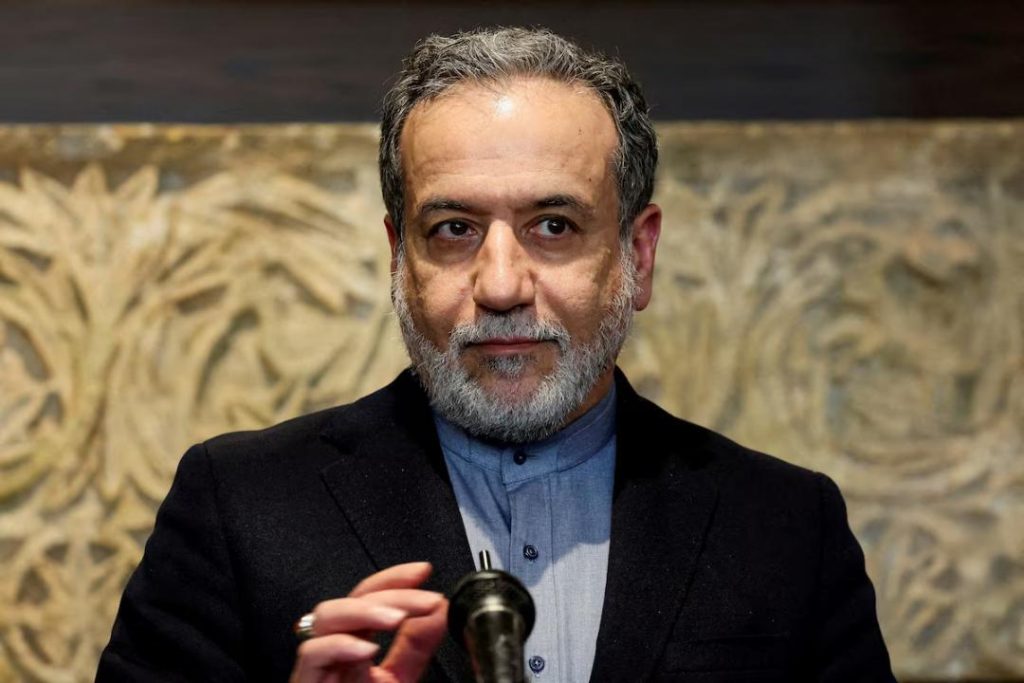
Will work with nuclear watchdog but inspections may be risky: Iran
In a recent development, Iran’s Foreign Minister Abbas Araghchi has announced that the country will continue to cooperate with the International Atomic Energy Agency (IAEA), the UN’s nuclear watchdog. However, he also warned that inspections of Iran’s nuclear sites by the IAEA may pose security and safety risks.
This statement comes at a time when Iran has recently passed a law that mandates that any inspection of its nuclear sites by the IAEA needs the approval of the Supreme National Security Council. This law has raised concerns among Western powers and other countries, who fear that it may hinder the IAEA’s ability to monitor Iran’s nuclear program.
The IAEA has been monitoring Iran’s nuclear program since 2003, when the country’s nuclear activities were first discovered. The agency has been carrying out regular inspections of Iran’s nuclear sites, including the Natanz and Fordow facilities, to ensure that they are not being used to produce nuclear weapons.
However, Iran has long maintained that its nuclear program is intended solely for peaceful purposes, such as generating electricity and producing medical isotopes. The country has also been working to develop its nuclear capabilities, including the production of enriched uranium and the construction of new reactors.
Despite Iran’s assurances, the IAEA has raised concerns about the country’s nuclear activities in the past. In 2015, the agency detected that Iran had been conducting secret nuclear experiments, which had not been declared to the agency. This led to the IAEA reporting Iran to the UN Security Council, which imposed sanctions on the country.
In recent years, tensions between Iran and the West have increased, particularly since the US withdrawal from the Joint Comprehensive Plan of Action (JCPOA), a nuclear deal signed in 2015 that lifted some sanctions on Iran in exchange for limits on its nuclear program. The US has since reimposed sanctions on Iran, and the country has responded by increasing its nuclear activities.
Iran’s decision to pass a law requiring IAEA inspections to be approved by the Supreme National Security Council has been seen as a move to increase its control over the inspections process. The law has been criticized by Western powers, who argue that it may hinder the IAEA’s ability to carry out its monitoring responsibilities.
The IAEA has also expressed concerns about the law, with its Director General, Rafael Grossi, saying that the agency “will continue to work with Iran, but we need to be able to carry out our inspections without restrictions.” Grossi also warned that if the inspections are not carried out, it could lead to “consequences” for Iran’s nuclear program.
In response to the criticism, Iran has argued that the law is necessary to ensure the security and safety of its nuclear sites. Araghchi, the Foreign Minister, said that Iran is willing to work with the IAEA, but “we cannot compromise on our security and safety.”
The tensions between Iran and the West over its nuclear program are likely to continue, and the situation is being closely watched by countries around the world. The IAEA has a crucial role to play in monitoring Iran’s nuclear activities, and any restrictions on its ability to carry out its inspections could have significant consequences for the global community.



